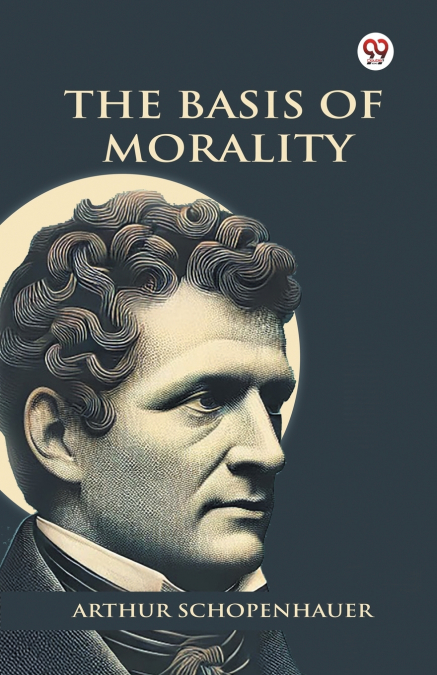
Arthur Schopenhauer
The Basis of Morality by Arthur Schopenhauer explores the foundation of ethics by challenging conventional moral frameworks and offering a critique of established moral philosophies. The work examines human motivations and questions what truly drives moral actions. It confronts traditional views, particularly focusing on the limitations of the Categorical Imperative, and proposes compassion as the true basis for ethical behavior. The treatise argues that morality can be understood independently of divine command or duty, rooted instead in human consciousness and subjective experiences. Through this exploration, the work emphasizes the importance of empathy and compassion in moral decisions, providing a shift away from rigid, rule-based ethics toward a more human-centered understanding of moral behavior. It lays the groundwork for a deeper, more compassionate approach to ethics, presenting a compelling alternative to Kantian principles, and calls for a more authentic understanding of morality that reflects the complexities of human emotions and consciousness.